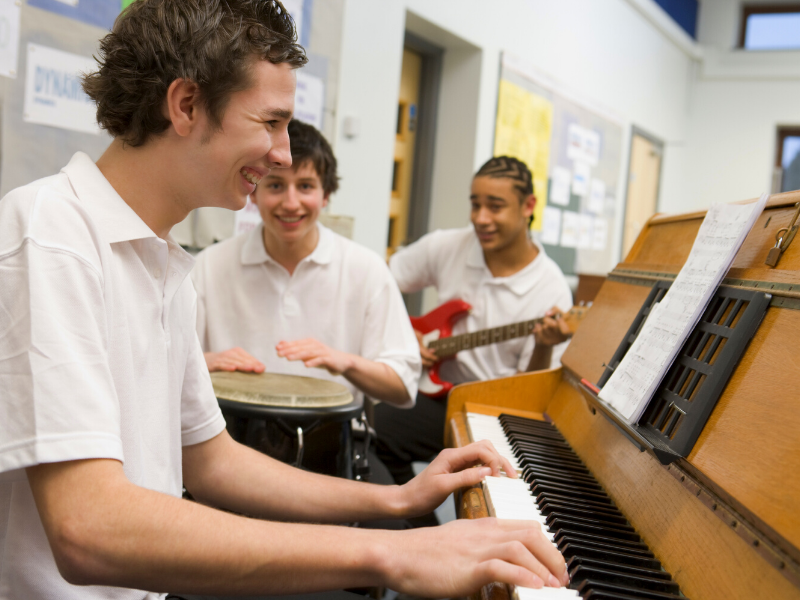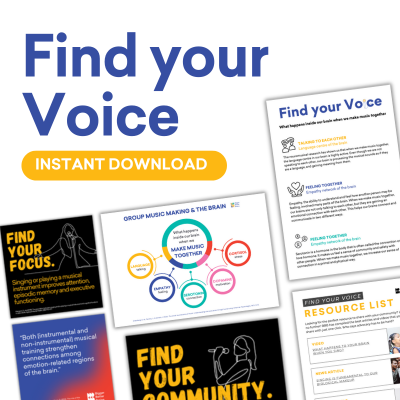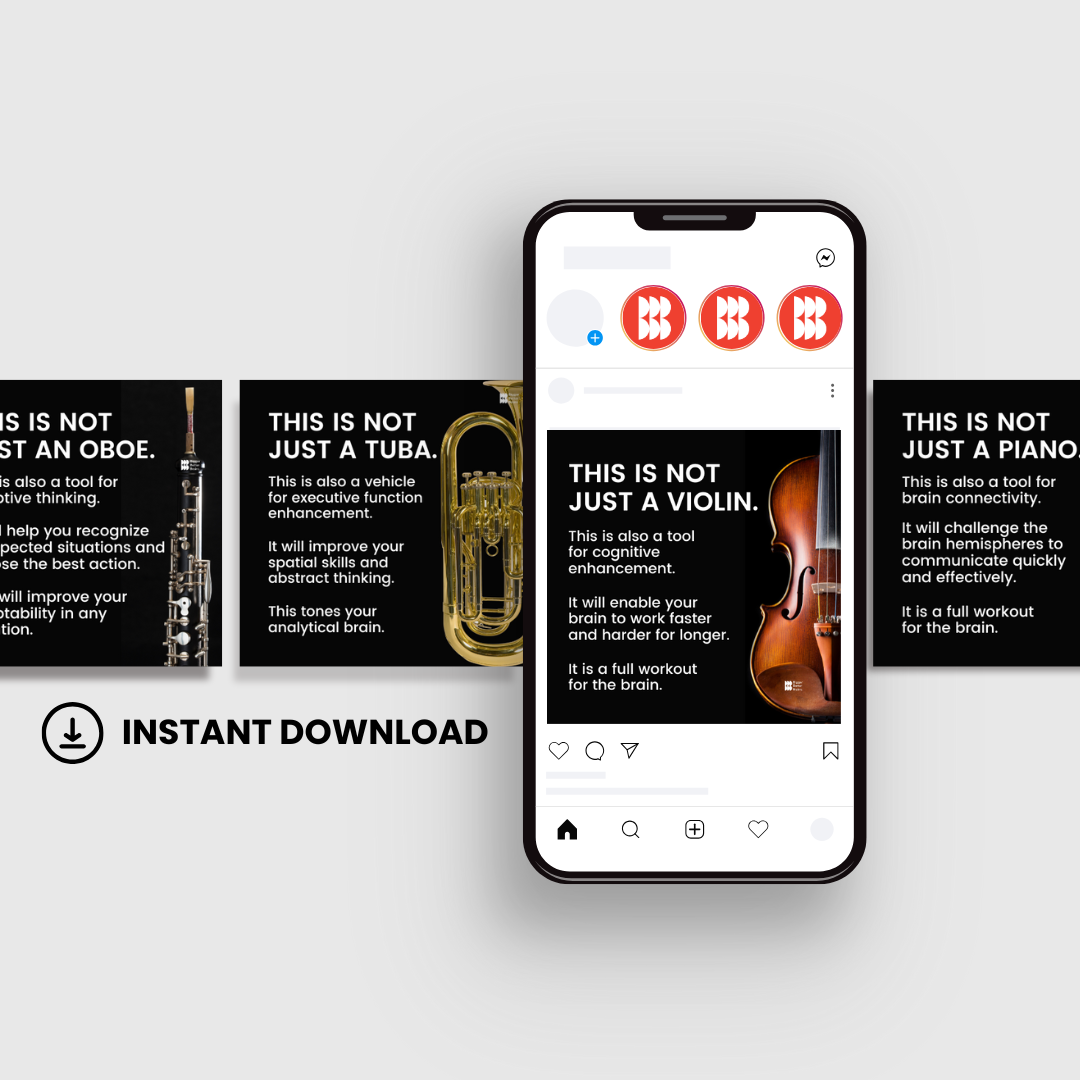
Research Updates

Here at Bigger Better Brains we believe that through educating yourself, you can then educate and affect positive change in your community.
With all of the research in the field of neuromusical science, our BBB Research section serves as a content hub for you. We regularly share findings and break down the latest research to educate and inspire discussion. We hope you enjoy this page on our website and share BBB news with your colleagues, parents and students.
Challenge your brain with different music!
This study looks at how our brains engaged with familiar and unfamiliar music. Turns out our brains sustains engagement with music that is unfamiliar.
Listening to music we prefer gets us more connected to ourselves
Why do we prefer different types of music? Why isn’t there just one type of music that everyone likes? The answer may be that we only get connected with our true selves, the part of our brain that is full of our thoughts, through music that we choose for ourselves.
How listening to music can have psychological benefits during lockdown
This article gives us an excellent summary of the ways that music listening can have physiological benefits, and it is a great reminder of the ways we can use music to improve our wellbeing.
Listening to music while exercising activates specific brain region
Have you been listening to music as you get your daily exercise in during COVID-19? Have you found yourself changing your music choices during this troubling time, maybe to lighten your mood or help you focus more on your exercise and less on these uncertain times?
Listening to self-selected happy music can provide mood-repair and a sense of connection
Researchers have wondered if “listening to comforting music, as a response to a social loss experience, provides a sense of empathic company as indicated by reduced loneliness and heightened empathy.”
Music is a neurobiological reward!
The reward network in our brains is one of the most fascinating areas of the brain. It is often the underlying network that propels our behaviour as well as override our good judgement. It is also one of the key networks in learning.
Music synchronises our brain!
There is a theory called the theory of familiarity in music. It is, as described at the end of this article, the idea of an inverted U.
Being musical is part of our human design
In today’s world, filled with myriad parenting methods and high-tech toys that promise to enhance infant development, it is easy to overlook how fundamental the time-honoured practice of music is for all children—starting pre-birth.
Everything in moderation, including syncopation and harmony
This new research looks at the emotive factors in music and uses an idea called the “inverted U”.
Where does perfect pitch come from?
There is a great deal of debate around this question. In the research, the term Absolute Pitch (AP) is used for the more common term of perfect pitch. This recent study points to a stronger genetic link than previously thought.
I got rhy-thm?
Do you know someone who seems to have rhythm coming out of every part or pore and other people who couldn’t walk to a beat if their life depended on it?
If you have perfect pitch, your brain looks different!
Researchers have known for sometime that the brain structures (parts) of a person with absolute pitch has specific areas that are identified as unique or different. However, they don’t know how those structural differences might function or connect in equally unique or specific ways.





















